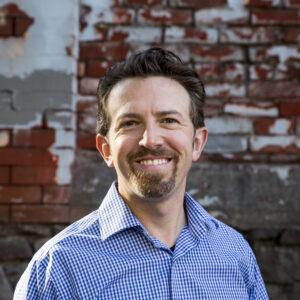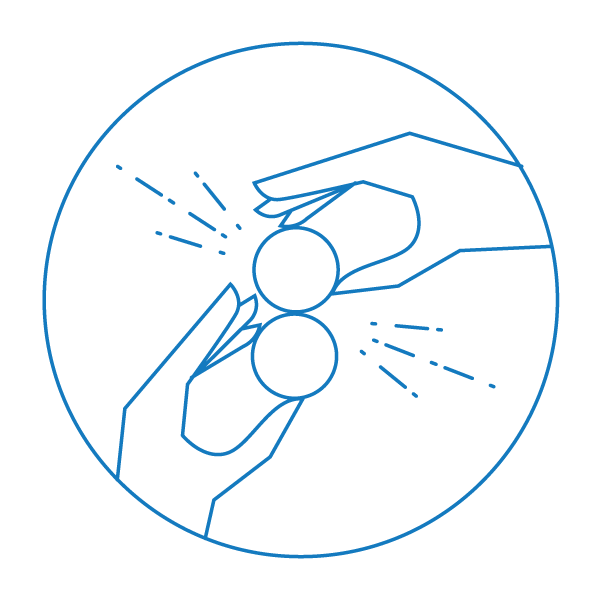
Director of Economic Research and Evaluation
Van Jones at Portland State University. Photo courtesy of Portland State University.
Van Jones speaks on the essential link between the green economy, the environment, and social justice.

Early this month, eight Ecotrusters attended an inspiring talk by community organizer, author, and journalist Van Jones at Portland State University, hosted by the Institute for Sustainable Solutions. His insights spoke directly to our work as we attempt to build a new green economy that makes room for communities historically marginalized by the environmental movement.
After spending most of his career in the trenches of community organizing and movement building, Jones has emerged as a powerful voice in American society, bridging divides of race, class, and social movements. He may be the only publicly prominent person in the United States today who can speak to the concerns of both environmentalists and the Black Lives Matter movement — and show how those concerns are deeply interrelated.
During his talk, Jones rejected the false distinctions that often set movements for economic justice and environmental preservation against one another.
“Who do you love more, your children or your grandchildren?” he asked, noting that people who focus only on their children will tend to favor economic stimulus, to create living-wage jobs and careers. However, people who focus only on their grandchildren, who stand to bear a much stronger burden of climate change, will favor increasingly strict environmental preservation. As Jones wittily described it with a dash of pantomime, “standing… very… still.” Instead, he suggested, we should find a path that offers opportunities for all generations.
At Ecotrust, we’ve recently begun to explore and measure what an equitable green economy, of the kind Van Jones has devoted his life to promoting, would look like. Too often, low-income communities, and communities of color, lack access to natural assets such as clean air and water, tree canopy, and vibrant open spaces and natural areas. Over the next year, working with our nonprofit partner organizations Verde and PolicyLink on a project recently funded by the U.S. Forest Service, we will demonstrate the benefits of investing in the natural assets of historically neglected neighborhoods.
From building parkland on reclaimed brownfields to digging bioswales for stormwater management, building environmental wealth through developing a neighborhood’s “green infrastructure” can both improve a community’s health and create jobs. As Van Jones argued persuasively in his 2009 book The Green Collar Economy, the greening of low-income neighborhoods can be an effective short-term and long-term strategy for economic well-being.
By any measure, Jones has had an impressive career. He’s built no less than five nonprofits, including the Ella Baker Center for Human Rights, which focuses on criminal justice reform; Color of Change, which works broadly on racial justice issues; Green for All, which advances ideas to build an inclusive green economy; Rebuild the Dream, which identifies solutions to address economic issues facing millenials; and DreamCorps, which puts those solutions into action on the ground.
Jones also served as a White House adviser on green jobs, and most recently, he’s become a well-known CNN political commentator and journalist, whose coverage of the protests against police violence around the country has helped the public at large understand the deeper issues of racial inequity that continue to trouble us.
He’s a prime example of the kind of voice that’s needed to build the culture of reliable prosperity, resilience, and social equity that Ecotrust, and all of its partner organizations here in the Pacific Northwest, work toward every day.

WEBPAGE
We focus on important regional issues, such as climate change, inequity, & community resilience. We build long-term, collaborative relationships with partners that grow & evolve over time. We are nimble & aspirational: responsive to community needs while working towards transformational change.